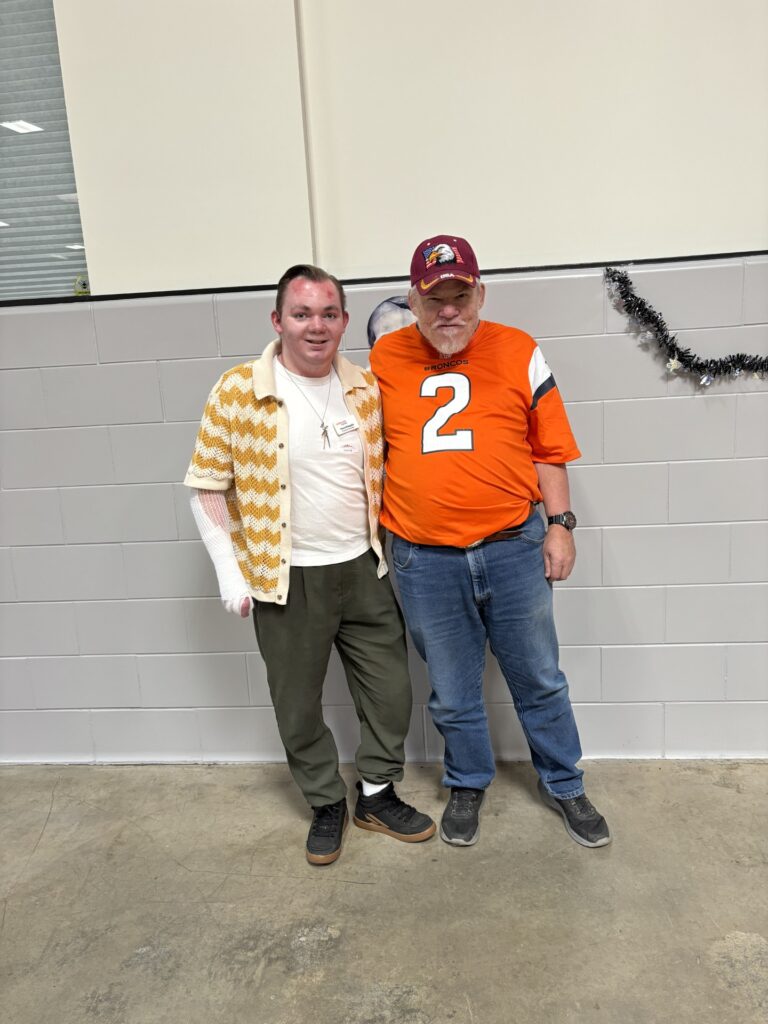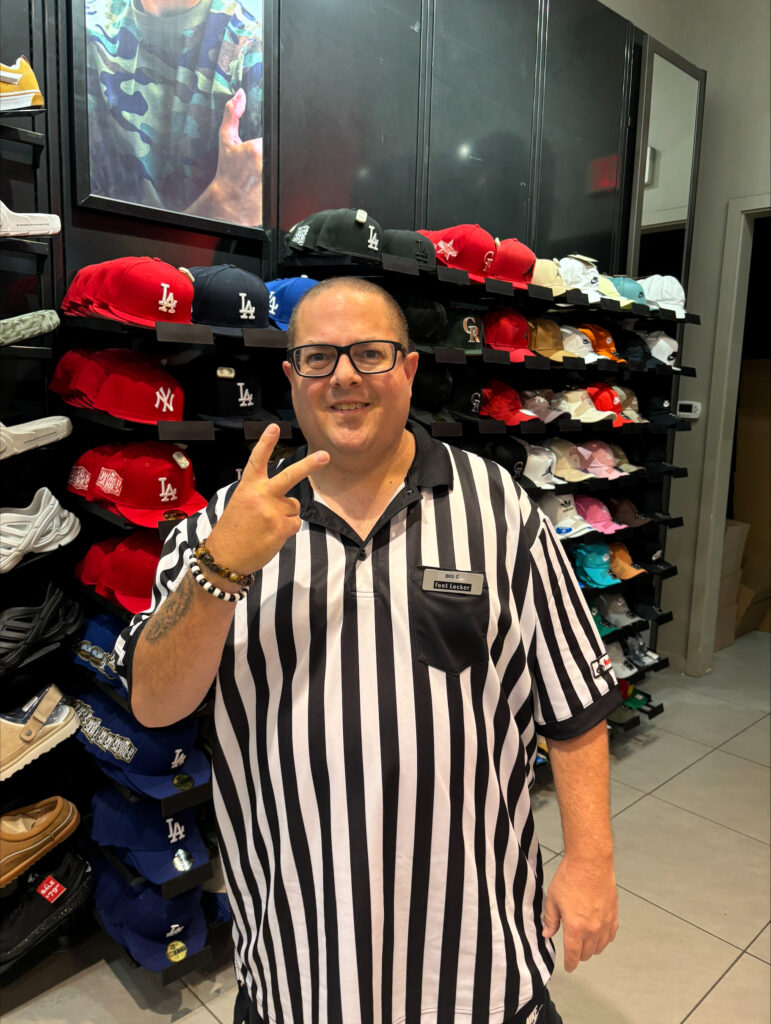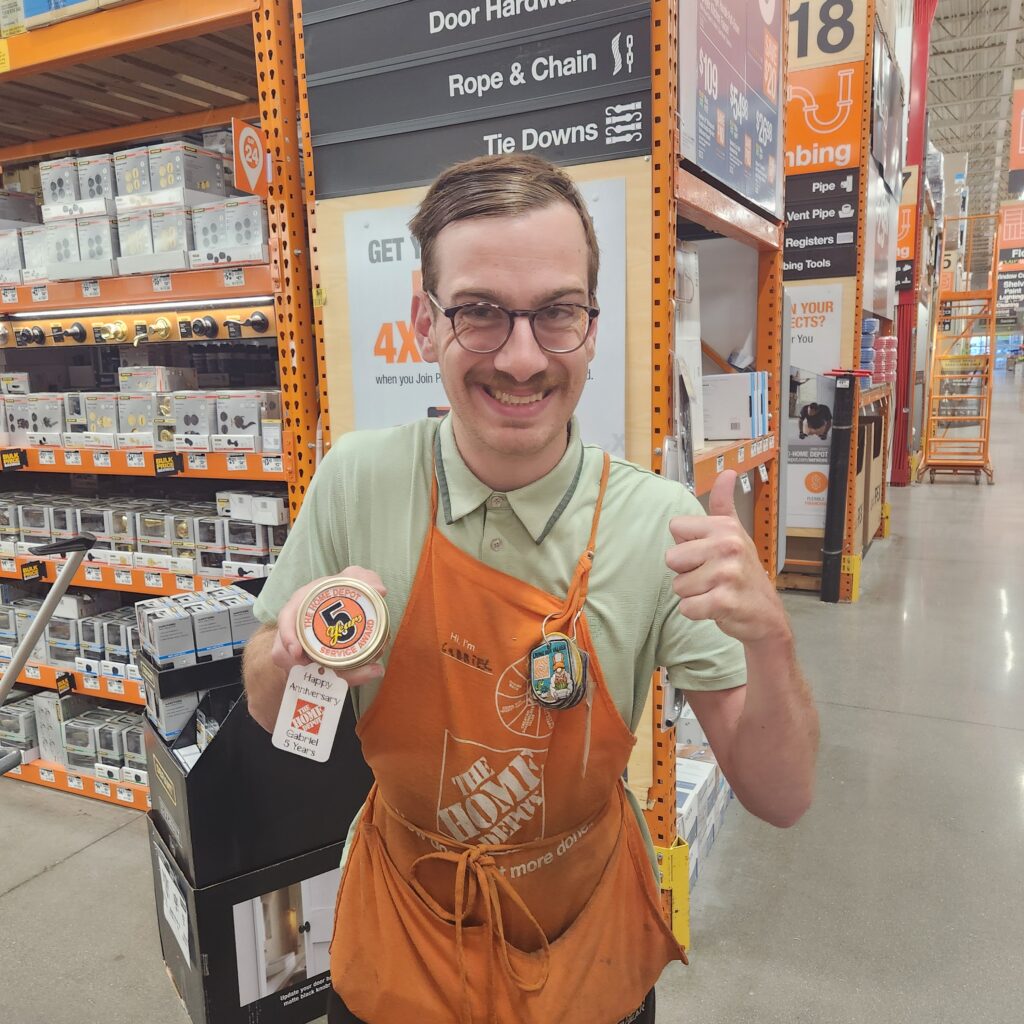
Autism Inclusion and Competitive Swimming: A Q&A with Lara Stolman

Lara Stolman
We're always thrilled to feature new television and film that puts disability front and center and in the spotlight. One such upcoming documentary is Swim Team directed by Lara Stolman. The film follows the Jersey Hammerheads, a competitive swim team made up of a diverse group of teens on the autism spectrum. Through training and competition, the championship athletes gain self-confidence and social skills that serve them well beyond the pool.
We had the chance to ask Stolman, who also produced the film, some questions about the feature film, the Hammerheads, and the rewards and challenges of making this movie.
If you’re in the New York area, be sure to catch the cast and crew reunite at Swim Team’s exclusive DOC NYC screening on November 17.
Swim Team is your first feature documentary film, what inspired you to focus on autism?
I’m a producer and a director with a background in television news and documentaries. I had always worked for other people – networks, production companies – making shows that for the most part I didn’t conceive. All the while I knew, one day, I’d have my own story to tell. Then I had a child diagnosed on the autism spectrum.
That said, I actually did not set out to make a film about autism. But like most things that I get involved with in my life, I did do a deep dive into researching autism so by the time I met the Jersey Hammerheads, I had been immersed for a number of years in autism diagnosis, education, law, policy and history.
How did you find the Jersey Hammerheads Swim Team and why did you choose to document them?
Teaching our child to swim was a priority for us as it is for many parents raising children with autism. It’s that combination of a tendency to wander and an atypical lack of fear than can be deadly for kids on the spectrum. Drowning is a leading cause of death for our children.
I was looking for a swim program for my child when I found the Jersey Hammerheads. The team was in formation at the time and it took all of two minutes for me to realize it was a story that needed to be told. In that sense, I didn’t find this film but it found me. This was a film that had to be made as far as I was concerned and from there it was like a train that left the station, I had no choice but to get on.
The families who were coming together to form the team and particularly the founders Mike and Maria McQuay were so motivated and positive about their hopes and plans for the team. Kids with autism are often segregated from their typical peers from an early age, missing out on all sorts of community involvement, educational opportunities and yes, sports. Mike and Maria refused to take “no” for an answer and were devoted to teaching the teammates that needed to learn to swim as well as training the more skilled teammates to dominate the competition.
Their approach was so refreshing from what I had personally experienced and what I think was the norm for many of the families joining the team. Some of the kids were teenagers and had never been on a sports team before. They hadn’t been welcome before.
What challenges did you face in filming this documentary?

Four members of the Jersey Hammerheads featured in Swim Team.
It wasn’t easy at first to get the kind of access I needed to film the characters at home, in school, at the pool and simply be invited to participate with them during important moments in their lives and I knew I needed to gain the families trust and become part of the team to a certain extent to adequately share their stories. So that was challenging at first but after a while I think I did in fact become part of the team.
It was also challenging to figure out how to film the swimmers in a satisfying way that wasn’t repetitive or boring. The team members we focus on are pretty talented in the water and I wanted to make sure I could do them justice. We didn’t have the budget to film the swimming like it was network Olympics coverage but we did figure out how to get in the water and get up close and in the end I’m happy with what we were able to accomplish with the leadership of our daring Director of Photography Laela Kilbourn who swam in deep water with her Canon C300 camera.
What was most rewarding in creating this documentary?
I feel very lucky to have become a part of the community of Hammerheads families. Community is hard to come by for families raising children with autism and the very act of making this film about the power of a community coming together for their children provided me with a very much appreciated community.
I was so incredibly moved by the trajectory of the team – the growth that I witnessed was very inspiring personally and I feel like it gave me a lot of hope. I hope other people are as inspired as I am.
This film is about so much more than swimming. It captures a quest for inclusion and independence during the difficult period of transitioning to adulthood. How can our communities better support those who live with autism during this transition?
I think we can all do better to be more inclusive of people with autism and developmental disabilities, from school to work to community life. Public schools and employers should work together and communicate more about onramps to appropriate and meaningful employment, government agencies and services need to be more accessible to families and communities should consider ways to be more open and inclusive from recreational opportunities to educating law enforcement.
What do you hope families facing disability will take away from the film?
I think there’s a lot to learn in general if you’ve got a child approaching the transition age and hopefully the film will point out some important things like guardianship and the need to explore whether it’s right for your family. I also hope families caring for people with disabilities will find some renewed hope and positivity in approaching the future through the story of the Hammerheads.
What do you hope those who haven’t yet been touched by disability will take away from this film?
For people who are new to autism and developmental disabilities, I hope this film serves as an introduction to the diversity of humanity and the gifts our autistic neighbors have to give.
Learn more about the autism programs Easterseals offers for children and adults.
Want to learn more about autism? Read more about what autism is here.


 By Mids Meinberg
By Mids Meinberg By Mids Meinberg
By Mids Meinberg





Connect with us on social media